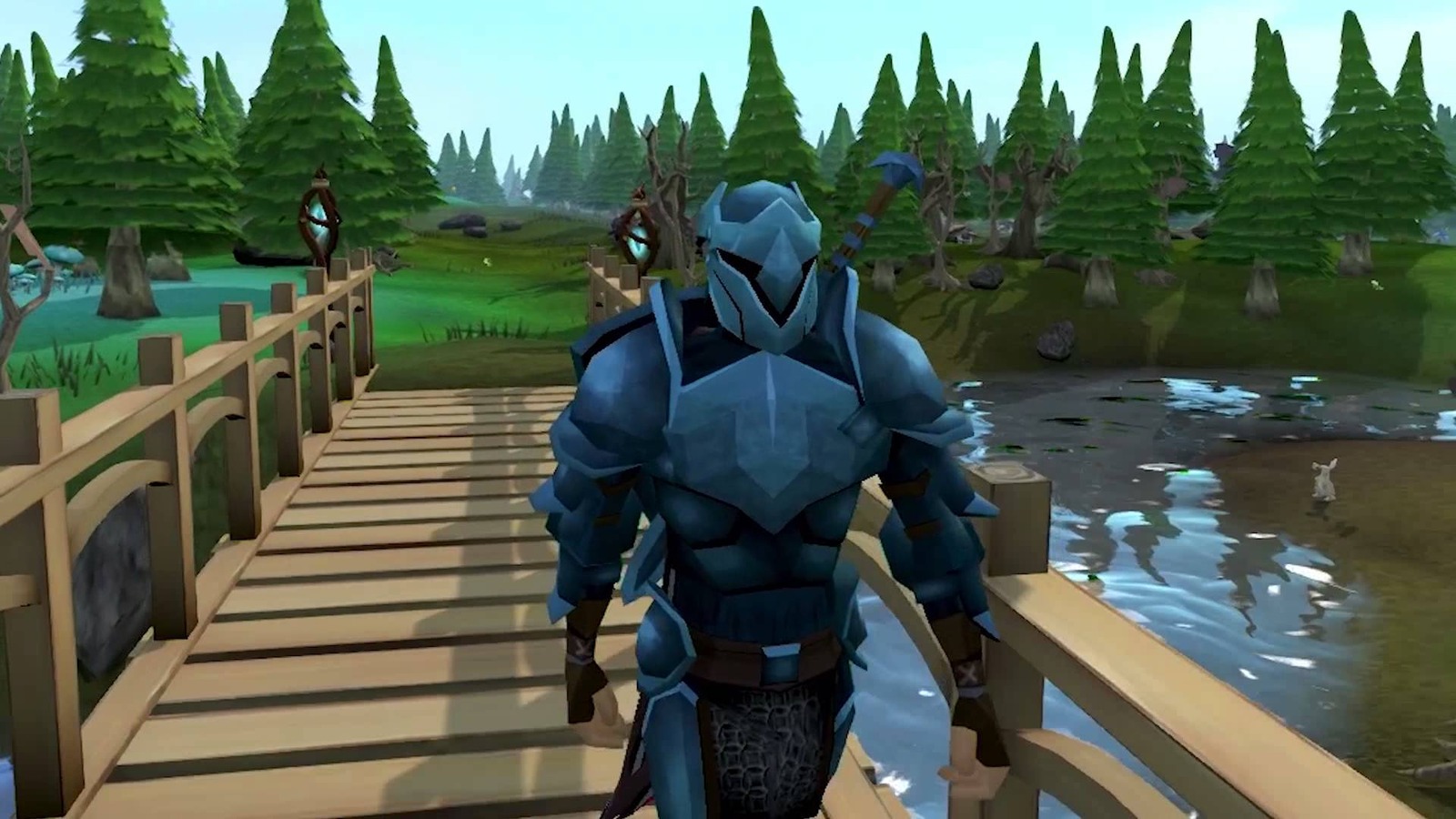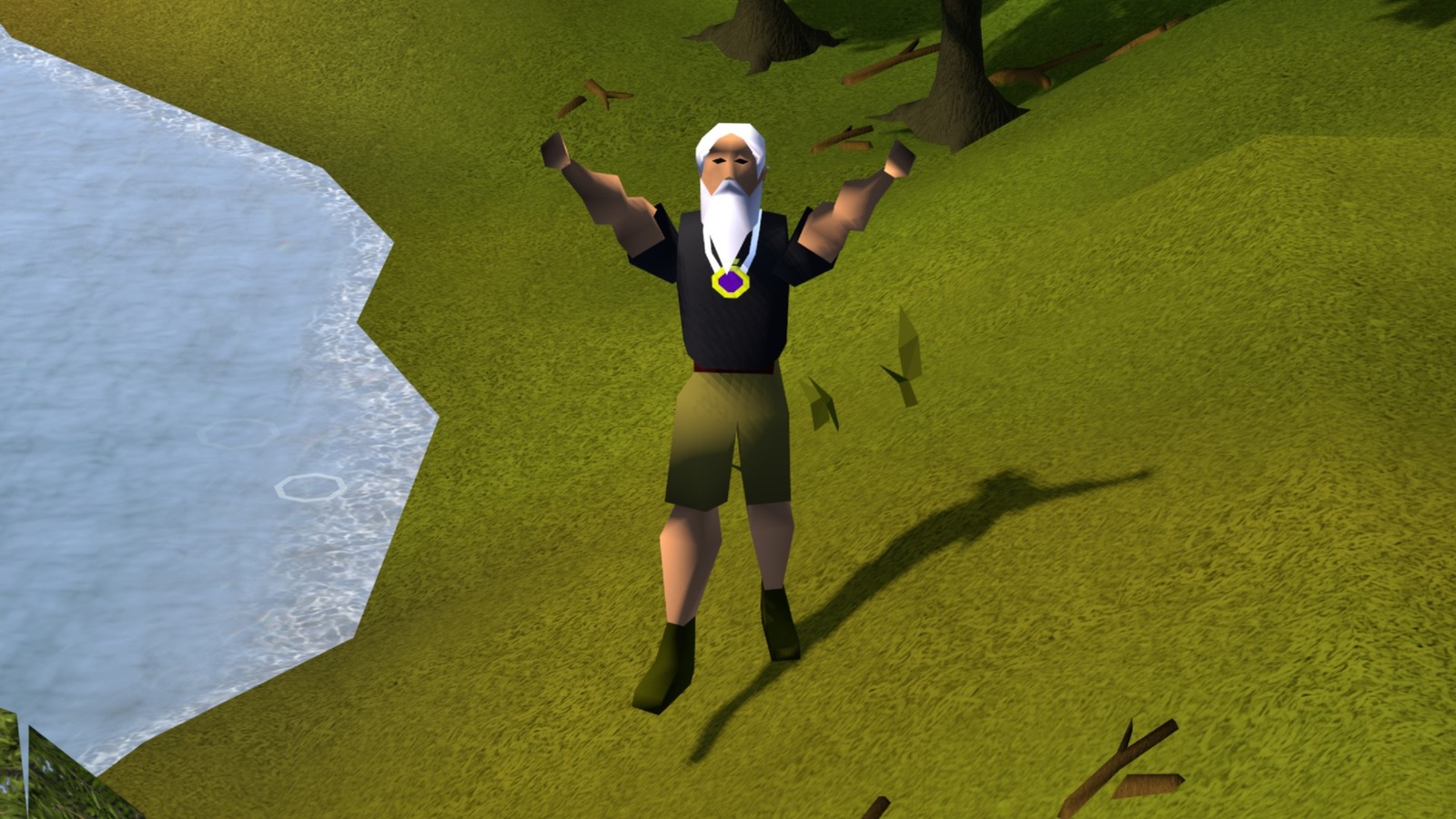
Mediterranea Inferno
$0.22
-98%
170,000+ games · 50+ stores · PC, Xbox, PlayStation & Nintendo
Unofficial Keyshops:
Currency:
USD
English
Sign in to track your wishlist, get deal alerts, and see recommendations tailored to your platforms.
Sign inCreate a free account and unlock the full power of Gamers Unchained.
Frequently Asked Questions
Gamers Unchained is a platform dedicated to helping gamers find the best deals on PC video games. We track discounts from various sources, including Steam and other digital storefronts, ensuring you never miss a great deal.
We aggregate game prices from multiple sources and highlight the best discounts available. Simply browse our site to find the latest deals on your favorite PC games.
Yes! Our platform is completely free to use. We aim to help gamers save money without any hidden fees or subscriptions.
No, we do not sell games ourselves. We provide links to trusted retailers where you can purchase games at discounted prices.
Our deals are updated regularly to reflect the latest discounts and sales. Check back often to find new deals.
We are working on features that will allow users to set up deal alerts for specific games. Stay tuned for updates!
While we feature many Steam sales, we also track discounts from other PC gaming platforms, including Epic Games Store, GOG, and more.
Some discounts may vary based on your region. We recommend checking the store’s official website for exact pricing in your country.
You can support us by spreading the word, sharing deals with friends, and following us on social media. Some of our links may also be affiliate links, which means we earn a small commission at no extra cost to you.
This website uses cookies to enhance your browsing experience, analyze site traffic, and personalize content. By using this site, you agree to the use of cookies.
Unofficial Keyshops:
Enabled

When RuneScape 3 launched in July 2013, Jagex billed it as a groundbreaking evolution of the most popular free-to-play MMORPG. For over a decade, RuneScape had been a cultural phenomenon — a browser-based sandbox game where millions of players honed their skills, battled dragons, and traded goods in bustling medieval towns. RuneScape 3 was meant to modernize that legacy with a sleek new engine, enhanced graphics, orchestral soundtracks, and more cinematic storytelling. It was a bold attempt to bring RuneScape into the modern age.
But a decade later, it is Old School RuneScape — its 2007 throwback sibling — that dominates, leaving RuneScape 3 in a strange limbo between relevance and survival.
RuneScape 3’s ambitions were enormous. It introduced the HTML5-based RuneTek engine, later evolving into the “NXT” client, which gave the game a graphical overhaul and a more fluid interface. The Evolution of Combat update, released a few months earlier in 2012, transformed the game’s famously simple click-and-wait combat into a modern, ability-based system akin to World of Warcraft. Players could dual-wield weapons, queue abilities, and engage in more action-oriented gameplay. In theory, this was good; a fresher, faster RuneScape built for the 2010s. In practice, it fractured the community. Many veteran players saw the Evolution of Combat update as a betrayal of what made RuneScape unique: its slow, methodical combat and grind-oriented progression.
The timing could not have been worse too. Around the same period, Jagex decided to re-release a backup of the game’s 2007 codebase as “Old School RuneScape” after an overwhelming amount of votes from the community. This was what they wanted after all this time. Not RuneScape 3. That version exploded in popularity almost immediately, attracting players who longed for the charm, simplicity, and balance of the pre-Evolution of Combat era.
While RuneScape 3 tried to become a modern MMO with flashy visuals and convenience features, Old School RuneScape embraced nostalgia and community-driven development, using player polls to decide every major update. The result was a stark split in philosophy: RuneScape 3 chased innovation, while Old School chased preservation. And as history shows, the latter strategy won. No contest.
For a while though, RuneScape 3 still thrived. The game received substantial content updates, from new high-level zones like Prifddinas and Menaphos to world events such as The Battle of Lumbridge. The NXT client’s improved performance allowed the game to move away from browsers entirely as an actual downloadable title. Jagex also expanded the story’s scope, pushing cinematic quests like “The World Wakes” and “Sliske’s Endgame.”

Yet beneath these updates, something began to erode player trust: monetization. Microtransactions, once limited to harmless cosmetics, became deeply entwined with progression. Treasure Hunter spins, promotional XP boosts, and “oddment” currencies started to dominate the experience. Players complained that RuneScape 3 had become “pay-to-skip” rather than “play-to-earn,” degrading the satisfaction of grinding for levels or rare drops.
Meanwhile, Old School RuneScape avoided most of these pitfalls. It kept monetization simple — membership access and optional bonds for in-game gold trading — and let the gameplay speak for itself. Old School RuneScape became a community-led success story. It developed its own rhythm, one that balanced nostalgia with careful innovation, like the introduction of new raids and skill expansions decided by community vote. RuneScape 3, by contrast, struggled with identity. It was neither classic nor cutting-edge, trapped in a weird in-between where its changes pleased neither camp fully. For every player who appreciated RuneScape 3’s complexity, there were ten who found it bloated and overdesigned.
The numbers reflect that reality too. As of 2025, Old School RuneScape regularly peaks above 200,000 concurrent players — roughly eight times the active population of RuneScape 3. On Steam charts and community metrics, RuneScape 3’s population has dwindled to tens of thousands. Do not get me wrong, that is a lot of players. The game is obviously very much still alive and active. Its community remains loyal but smaller and older. Even Jagex’s leadership has acknowledged that RuneScape 3’s reputation has suffered. The studio’s new CEO has publicly vowed to rebuild trust and reduce over-reliance on microtransactions, promising a “new era” for the franchise. Is it too late though?
RuneScape 3’s decline is a lesson in identity. In trying to modernize, Jagex abandoned the simplicity and charm that once defined its success. The same features meant to make RuneScape 3 appeal to a broader audience — streamlined progression, elaborate visuals, monetized boosts — alienated its most dedicated fans. By contrast, Old School RuneScape’s refusal to change too much became its greatest strength. It proved that nostalgia, transparency, and community control can outlast unnecessary modern reinvention. If it is not broken, do not fix it.
Today, RuneScape 3 still endures, but does not exactly thrive. Its servers hum quietly, its updates roll out steadily, and its devoted player base remains active. Yet, no one talks about it. Because Old School RuneScape exists, and it is better. The numbers do not lie.
Nov 16, 2023
Jan 31, 2026